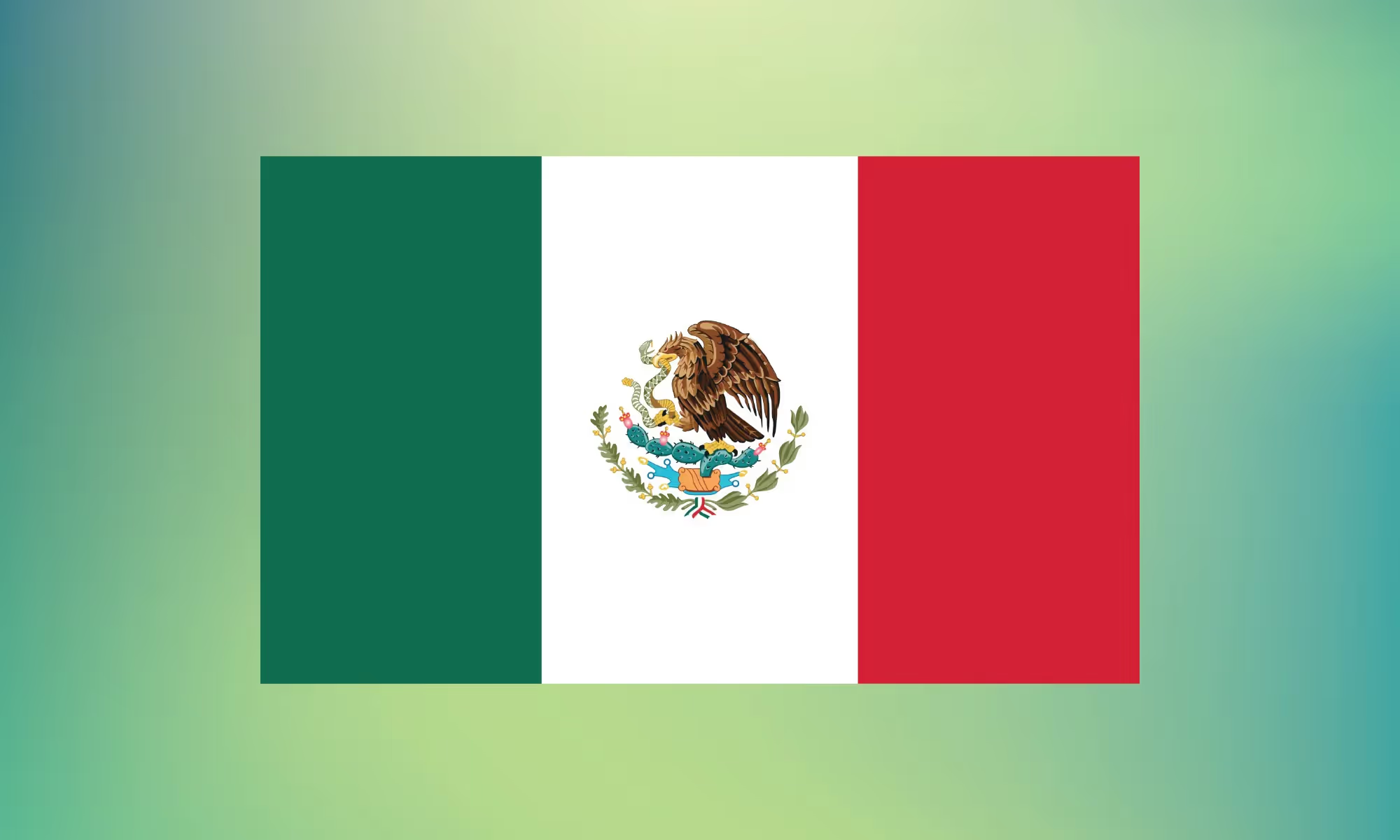On October 2, 2024, President Ferdinand R. Marcos Jr. signed Republic Act (RA) 12023, the consolidated text of Senate Bill No. 2,528 and House Bill No. 4,122, by which the Philippines implemented 12% VAT on the cross-border provision of digital services and introduced deemed suppliers rules on online marketplaces. The Bill provides that digital services delivered by nonresident digital service providers without physical presence in the Philippines to consumers (B2C) in the Philippines are considered performed there and are taxable. The VAT registration threshold is PHP 3 million in a 12-month period.
Timeline
- Republic Act 12023 was published in the Official Gazette on October 3, 2024, and will become effective 15 days after its publication.
- The Department of Finance will issue implementing rules and regulations within 90 days from the effectivity of Republic Act 12023.
- Nonresident digital service providers will be subject to VAT after 120 days from the effectivity of the implementing rules and regulations.
Impact
The Democratic Republic of Congo, Morocco, Zambia, Senegal, Peru, and Ethiopia have already implemented digital service rules in 2024, and now, the Philippines has also introduced such rules for non-resident suppliers of digital services.
Domestic and nonresident suppliers will now be liable for assessing, collecting, and remitting 12% VAT on the provision of digital services.
Definition of digital services
The Republic Act defines digital services as any service supplied over the Internet or other electronic network using information technology and where the supply of the service is essentially automated. Digital services shall include but are not limited to, online search engines, online marketplaces, cloud services, online media and advertising, online platforms, or digital goods.
VAT registration
Nonresident digital service providers must register for VAT and remit taxes for digital services provided to non-VAT-registered consumers (B2C) in the country. The VAT registration threshold is PHP 3 million in a 12-month period, which is also applicable to foreign service providers. However, the legislation emphasizes a simplified registration system for nonresident digital service providers.
VAT-registered customers shall apply the reverse charge mechanism, which mandates them to withhold and remit VAT on digital services purchased from nonresident providers (B2B).
Marketplace rules
Furthermore, the Bill also introduces marketplace rules for online marketplaces or e-marketplaces. They will be liable to remit VAT on nonresident sellers' transactions through their platforms if they control the key aspects of the supply, set directly or indirectly any of the terms and conditions, or are involved in the order or delivery.
Educational services delivered online by accredited institutions and digital financial services rendered through various platforms are explicitly included under VAT exemptions.
Enforcing compliance
In case of non-compliance, the Commissioner of Internal Revenue is entitled to suspend the business operations of non-compliant digital service providers, including blocking their services.
Businesses with customers in the Philippines must prepare their systems to comply with the upcoming changes.
















